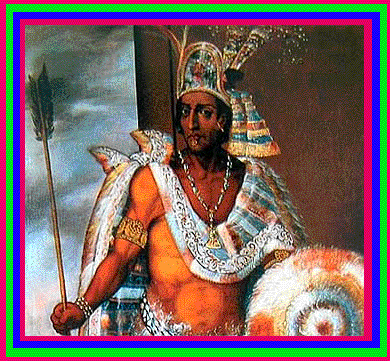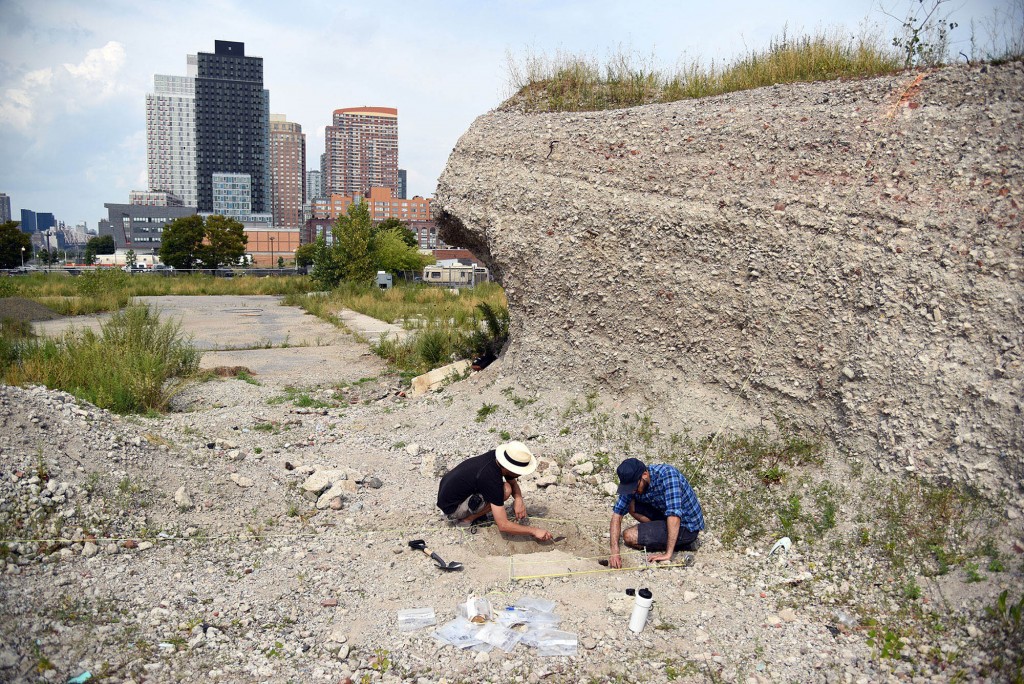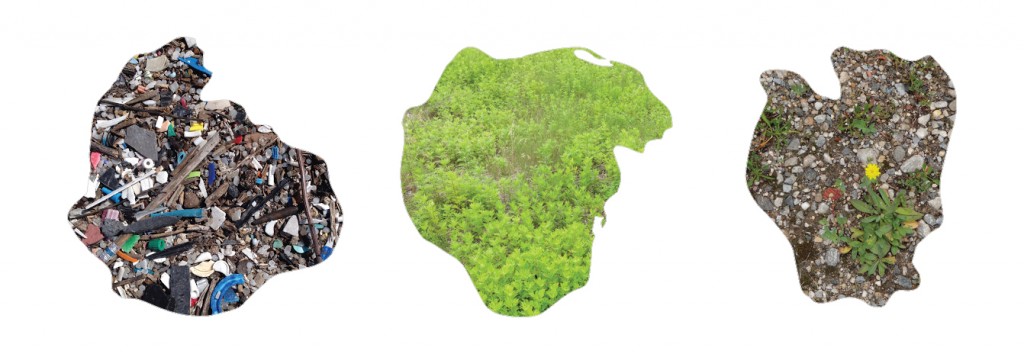
Honorable United Nations High Commissioner for Human Rights Michelle Bachelet Jeria
Office of the High Commissioner for Human Rights
Palais Wilson
52 rue des Pâquis
CH-1201 Geneva, Switzerland
Honorable Special Rapporteur on the Rights of Indigenous Peoples Francisco Cali Tzay
Mandate of the Special Rapporteur on the Rights of Indigenous Peoples
OHCHR-UNOG
Palais Wilson
8-14 Avenue de la Paix
1211 Geneve 10, Switzerland
Honorable Members of the Expert Mechanism on the Rights of Indigenous Peoples
Secretariat of the Expert Mechanism on the Rights of Indigenous Peoples
OHCHR-UNOG
Palais Wilson
8-14 Avenue de la Paix
1211 Geneve 10, Switzerland
Subject: Contribution and Statement in Support of the Report on Self-Determination of Indigenous Peoples
In cooperation and in support for the Expert Mechanism’s Report on the Self-Determination of Indigenous Peoples, the non-governmental organization Amplifier calls for official recognition of the right of indigenous people to move across the borders which they traversed historically. This freedom of movement is inherent in their ability to freely determine their political status and to freely pursue their economic, social, and cultural development.
Indigenous people have suffered from historic injustices due to colonization, dispossession of their lands, and deprivation of resources. For thousands of years before the creation of sovereign states by European migrants to the Western Hemisphere, indigenous people traded, traveled across, and lived throughout the lands now divided by international borders. Amplifier calls for official recognition of the right of indigenous people to move across the borders which they traversed historically in order to freely pursue their economic, social, and cultural development.
“This claim to freedom of movement has a well-established basis in the United Nations Declaration of Rights of Indigenous Peoples,” asserts immigration attorney and Amplifier general counsel Alfonso F. Ramos, Esq. “On September 13, 2007, the UN General Assembly adopted a resolution affirming the need to respect and promote the inherent rights of indigenous peoples, especially their rights to their lands, territories and resources. As Article 3 of the declaration states, ‘Indigenous peoples have the right to self-determination. By virtue of that right they freely determine their political status and freely pursue their economic, social, and cultural development.’”
Ramos has spent decades representing indigenous people from Central and South America migrating to the United States, encountering countless examples of violations of their right to self-determination and subsistence by states. He is a member American Immigration Lawyers Assn. and graduate of Georgetown University School of Foreign Service (BSFS), Rutgers Law School (JD), New York University School of Law (LLM, International Legal Studies). His extensive contribution and dedication to the immigrant community in New York City has been acknowledged by Proclamation of the New York City Council.
“The breakdown of existing political structures, the failure to pass effective legislation and develop effective border policies respecting indigenous rights in the United States, and the near-impossibility of future reforms within deadlocked institutions calls for a new direction,” argues Stephen Zacks, president of Amplifier Inc. “The absence of successful anti-colonial revolutions overthrowing the states established by European settlers, rampant corruption, and a lack of effective governance honoring indigenous rights throughout the Americas demand for transnational institutions to intervene.”
Article 8 of the UN Declaration of Indigenous Rights affirms that “States shall provide effective mechanisms for prevention of, and redress for…[a]ny action which has the aim or effect of dispossessing [indigenous people] of their lands, territories or resources.” In addition, Article 20 states that “Indigenous peoples have the right to maintain and develop their political, economic and social systems or institutions, to be secure in the enjoyment of their own means of subsistence and development, and to engage freely in all their traditional and other economic activities. Indigenous peoples deprived of their means of subsistence and development are entitled to just and fair redress.”
Freedom of movement across the international borders established by European colonial states is integrally related to indigenous peoples’ pursuit of means of subsistence, development, and other economic activities, and is therefore integral to the right to self-determination.
Amplifier is a non-governmental organization responding to failure of social and political institutions and degradation of natural ecosystems by promoting improved frameworks for public policy and local and global governance. In accordance with the right of indigenous peoples to participate in decision-making in matters that affect their rights, Amplifier is seeking input, participation, and leadership from sovereign tribes, First Nations, and indigenous groups to advocate for their right to freedom of movement within the Western Hemisphere.
Respectfully,
Alfonso Ramos, Esq.
General Counsel, Amplifier Inc.
Stephen Zacks
President,Amplifier Inc.




